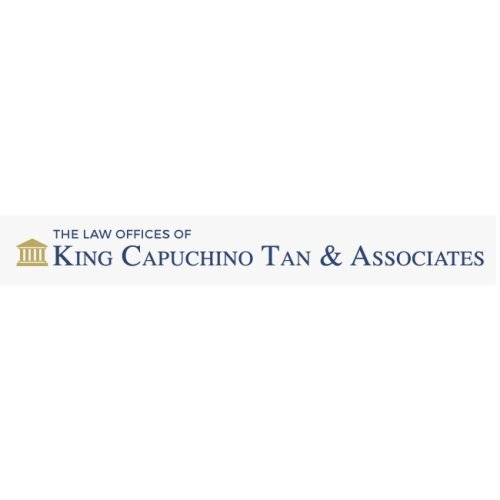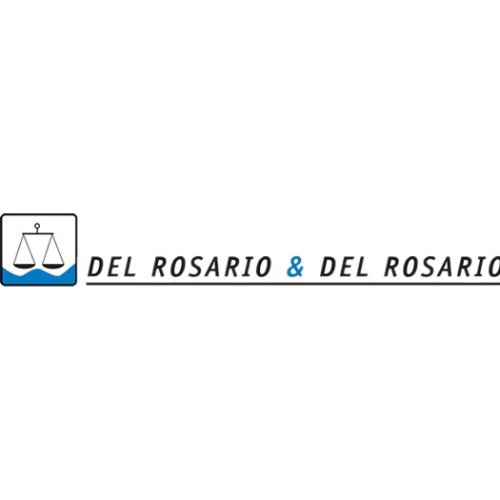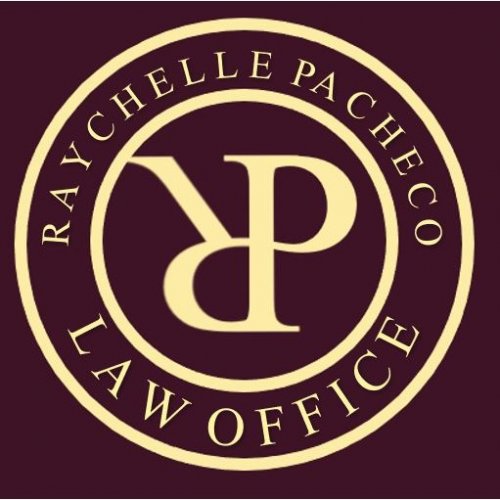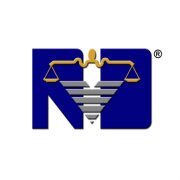Best Property Insurance Lawyers in Philippines
Share your needs with us, get contacted by law firms.
Free. Takes 2 min.
Or refine your search by selecting a city:
List of the best lawyers in Philippines
About Property Insurance Law in Philippines
Property insurance in the Philippines is a vital aspect of safeguarding assets against risks such as fire, theft, natural disasters, and other unforeseen events. The law mandates certain basic standards for how property insurance policies should be structured and what they should cover. The Insurance Code of the Philippines regulates the operation and issuance of insurance policies, ensuring that all parties are treated fairly and that consumers are protected from malpractices. Property insurance policies can cover residential properties, commercial buildings, and other types of physical assets.
Why You May Need a Lawyer
Engaging a lawyer for property insurance issues in the Philippines can be beneficial in numerous scenarios:
- Policy Disputes: If there is disagreement over the terms or the coverage of your policy.
- Claims Denial: When an insurance claim has been denied unjustly or without proper cause.
- Settlement Negotiations: To aid in negotiating settlements for insurance claims.
- Policy Interpretation: Experts can clarify complex legal language and advise on policy terms and obligations.
- Litigation: When disputes escalate to legal action, legal representation becomes critical.
Local Laws Overview
The following are some key aspects of property insurance law in the Philippines:
- Insurance Code: Provides the framework for all insurance operations in the country.
- Minimum Coverage Requirements: Policies must adhere to specific basic coverage standards mandated by law.
- Transparency and Fair Play: Insurers are required to disclose all terms and conditions clearly; any ambiguities are often resolved in favor of the policyholder.
- Regulatory Body: The Insurance Commission oversees and ensures fair practices in the insurance industry.
- Consumer Protection Laws: These laws safeguard consumers from unfair practices and ensure that claims are processed justly.
Frequently Asked Questions
What does property insurance typically cover in the Philippines?
Property insurance usually covers damages from fire, natural disasters, theft, and sometimes vandalism. Each policy specifies what is included and excluded.
Is earthquake insurance included in standard property insurance?
No, earthquake insurance is typically an additional coverage that must be specifically requested.
Can I void my policy if I don't comply with its terms?
Yes, failing to comply with the terms of your policy can lead to its nullification, affecting coverage and claim capabilities.
What should I do if my claim is denied?
If your claim is denied, you should immediately request a detailed explanation from your insurer. Consulting with a lawyer can also help in appealing the decision.
How long does it take to settle a property insurance claim?
The time frame varies; simple claims can take a few weeks, while more complex claims may take several months or even longer.
Are there penalties for late premium payments?
Late payments can result in penalties or potential cancellation of the policy, depending on the insurer's terms.
How can I ensure fair valuation of my property?
Regular property assessments and keeping clear records of any improvements can help in ensuring fair valuation by the insurance company.
What happens if an insurer refuses to renew my policy?
An insurer must provide a reason for non-renewal, and you may challenge this decision if it seems unjustified.
Can insurance policies be transferred to new property owners?
Normally, policies do not transfer automatically with property sales. The new owner must apply for a new policy in their name.
What is the role of the Insurance Commission?
The Insurance Commission regulates insurance practices in the Philippines, ensuring compliance with local laws, mediating disputes, and protecting consumer rights.
Additional Resources
Several resources are available to assist with property insurance concerns in the Philippines:
- Insurance Commission: Offers guidance and assistance with insurance-related queries and disputes.
- Insurance Companies: Most have help lines and customer support for policy-related inquiries.
- Consumer Rights Organizations: These can provide support and advice on policyholder rights.
- Legal Aid Organizations: Provide free or low-cost legal services to those in need of legal counseling.
Next Steps
If you require legal assistance in property insurance matters:
- Consult with a Lawyer: Contact a qualified legal professional specializing in insurance law to assess your situation.
- Gather Documentation: Collect all relevant documents, including your policy, claim forms, correspondence with the insurer, and any other pertinent information.
- Contact the Insurance Commission: They can provide guidance or assist in disputes concerning your property insurance.
- File a Complaint: If you face unfair treatment, consider filing a formal complaint with the Insurance Commission or pursuing legal action under the guidance of your lawyer.
Lawzana helps you find the best lawyers and law firms in Philippines through a curated and pre-screened list of qualified legal professionals. Our platform offers rankings and detailed profiles of attorneys and law firms, allowing you to compare based on practice areas, including Property Insurance, experience, and client feedback.
Each profile includes a description of the firm's areas of practice, client reviews, team members and partners, year of establishment, spoken languages, office locations, contact information, social media presence, and any published articles or resources. Most firms on our platform speak English and are experienced in both local and international legal matters.
Get a quote from top-rated law firms in Philippines — quickly, securely, and without unnecessary hassle.
Disclaimer:
The information provided on this page is for general informational purposes only and does not constitute legal advice. While we strive to ensure the accuracy and relevance of the content, legal information may change over time, and interpretations of the law can vary. You should always consult with a qualified legal professional for advice specific to your situation.
We disclaim all liability for actions taken or not taken based on the content of this page. If you believe any information is incorrect or outdated, please contact us, and we will review and update it where appropriate.
Browse property insurance law firms by city in Philippines
Refine your search by selecting a city.

















